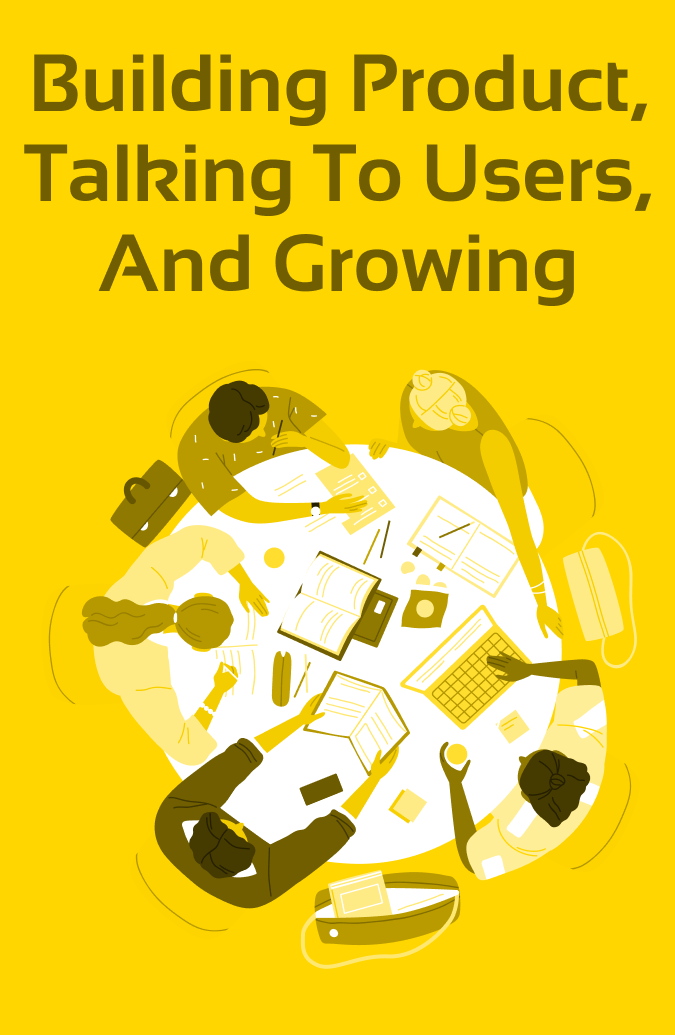Lesson 1. Group Culture.
When people work together, their efforts have varied results. At times, the smartest people, who plan meticulously, might not be able to pull off a task as efficiently as kids. There is no rocket science involved when children perform tasks assigned to them. Unlike the smart people, their approach is simple: they just try a couple of things which seem viable, and see what suits the best. On the other hand, the smart bunch tries to plan out their approach to its tiniest detail. This evidence has been drawn from a study performed on kindergarteners and business students. Both the groups were assigned with a task, and the results were not what most of us would expect. The kindergarteners performed exceedingly well, not because they were smarter, but because they worked together smartly. This highlights the importance of group culture.
Group culture refers to the relationship among people who work together and aim at achieving a common objective. From the above example it can be observed that not all groups have similar group values. Groups with good culture and values perform better as compared to groups which lack them. It has been observed that the prime reason behind this phenomenon is focusing on the wrong things. Most of the groups end up paying more attention to unimportant things like hierarchy and status.
Lesson 2. Safe is the New Smart.
We all would unanimously agree that we will perform better at our home, surrounded by our family members, rather than in a room full of unknown people. This is because the home is our safe environment. Family members have a sense of understanding and unity. A strong group culture requires this feeling of not being in a danger zone. This boosts individual performance, and eventually the group performs more productively. In order to understand the impact of group culture on productivity, various experiments have been performed. The results show that, if a group contains an individual who makes them feel safe and at ease, it performs exceedingly well. Our brains keep looking out for danger, which gets reflected in our behaviour. When people feel safe, their performance improves.
Creating a safe environment is not something which can be taught from a book. It requires patience, perseverance and consistency. When in a work environment, it is important to let others around you feel that they are safe. It might not be as difficult as it sounds. Studies have shown that simple gestures like interrupting the discussion at the right time, letting others know that you have weaknesses
Unlock Knowledge with Wizdom App
Explore a world of insights and wisdom at your fingertips with the Wizdom app.
 1 Million+ App Download
1 Million+ App Download  4.9App Store Rating
4.9App Store Rating 5000+Summaries & Podcasts
5000+Summaries & Podcasts






